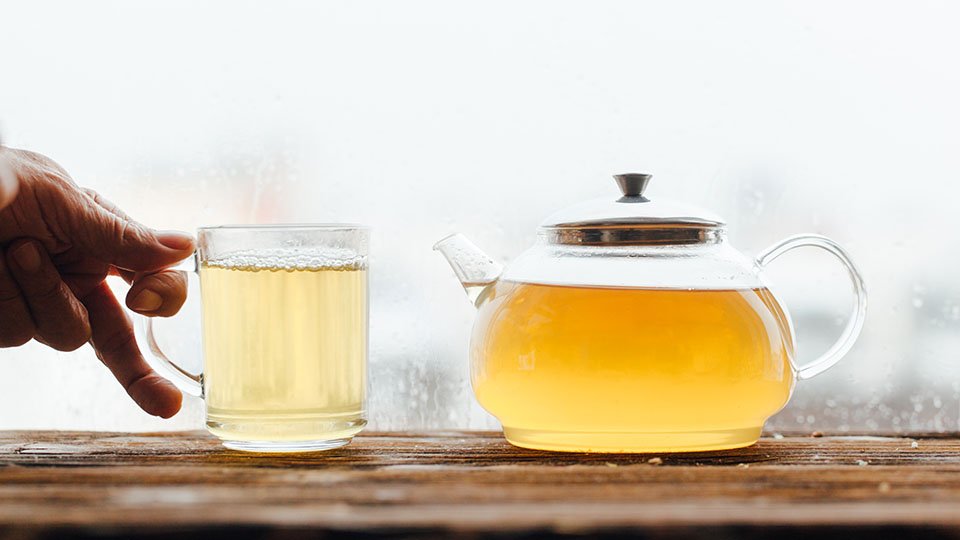Wednesday, 25 February 2026
NUS team links drinking tea with reduced depression
Found an association between consistent and frequent tea-drinking and significantly less depressive symptoms in Chinese older adults By analysing a survey of over 13,000 elderly participants living in China, a…

Found an association between consistent and frequent tea-drinking and significantly less depressive symptoms in Chinese older adults
By analysing a survey of over 13,000 elderly participants living in China, a team of researchers led by Associate Professor Feng Qiushi from NUS Sociology (National University of Singapore) and his colleague Associative Professor Shen Ke from Fudan University have found an association between consistent and frequent tea-drinking and significantly less depressive symptoms in Chinese older adults.
Depression, as one of the most common mental disorders for the elderly, often causes great suffering in later life, with ‘major depressive disorder’ now affecting about 7% of adults aged over 60 worldwide.
One key debate on the benefit of tea over mental health is whether the potential impact comes from the biochemical components of tea or the social context of tea drinking. Hence, in their study, Assoc Prof Feng and his team controlled for covariates that could have significant associations with elderly depression.
They looked at nationwide data from China by utilising the Chinese Longitudinal Healthy Longevity Survey (CLHLS) ranging from 2005-2014.
Looking to the future, Assoc Prof Feng and his team are now collecting new data from the CLHLS about tea-drinking. “This new round of data collection has distinguished different types of tea such as green tea, black tea, and oolong tea, so that we could see which type of tea really works for alleviating depressive symptoms,” he said.
Technology
Australian Medical Bodies Push for Compulsory Health Star Labelling
Feb 24, 2026 | Australia
Tim Hortons Singapore Secures Majlis Ugama Islam Singapura Halal Certification Ahead of Ramadan
Feb 23, 2026 | Company News
Refresco Adopts Sidel’s EvoBLOW Laser to Redefine PET Lightweighting
Feb 23, 2026 | Company News
Food Testing
Australian Medical Bodies Push for Compulsory Health Star Labelling
Feb 24, 2026 | Australia
Tim Hortons Singapore Secures Majlis Ugama Islam Singapura Halal Certification Ahead of Ramadan
Feb 23, 2026 | Company News
More Popular
Nestlé Research Shows NR and NMN Boost NAD+ and Support Microbiome
Feb 24, 2026 | Nutrition
Cargill Partners with Kokomodo to Explore Cell-Based Cacao Innovation
Feb 24, 2026 | Company News
Australian Medical Bodies Push for Compulsory Health Star Labelling
Feb 24, 2026 | Australia




